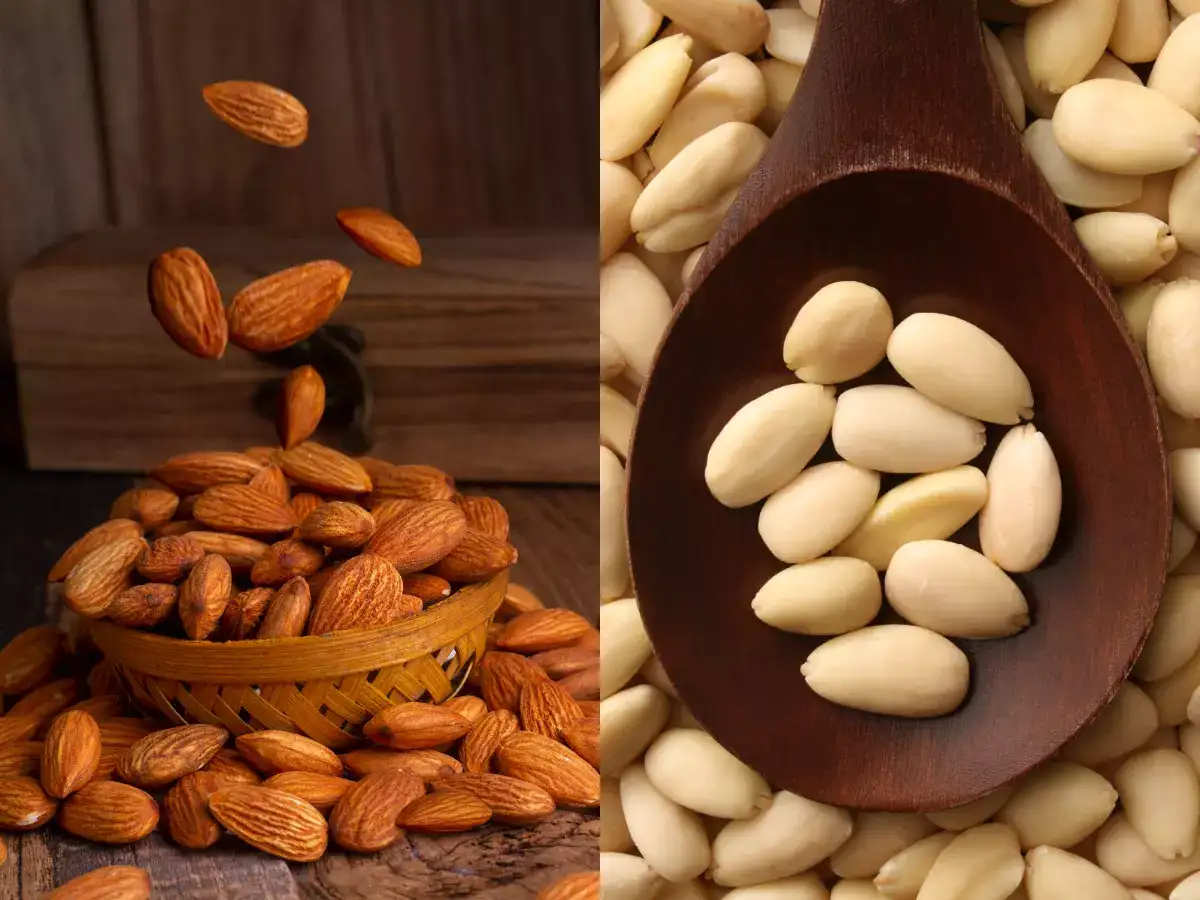
Why Almonds Are So Good for You: Health Benefits Backed by Science
Why Almonds Are So Good for You: Health Benefits Backed by Science
Almonds are a nutritional powerhouse, packed with protein, healthy fats, vitamins, minerals, and antioxidants. Though often called a nut, almonds are technically the seeds of the almond tree's fruit. They are a versatile and delicious food that can be enjoyed raw, roasted, or as milk, butter, and flour.
Scientific research has repeatedly shown that including almonds in your diet can lead to a wide range of health benefits, from improving heart health and aiding in weight management to boosting cognitive function.
This article explores the extensive health benefits of almonds, backed by a variety of medical studies.

Nutritional Profile of Almonds
Almonds are incredibly nutrient-dense. A single ounce (about 23 whole almonds) contains:
-
Calories: 164
-
Protein: 6g
-
Fat: 14g (mostly heart-healthy monounsaturated and polyunsaturated fats)
-
Fiber: 3.5g
-
Vitamin E: 37% of the Recommended Daily Intake (RDI)
-
Magnesium: 19% of the RDI
-
Manganese: 32% of the RDI
This powerful combination of nutrients makes almonds a highly beneficial addition to any diet. Research shows that the high concentration of antioxidants is primarily in the brown skin, so it's best to eat them with the skin on. Soaking almonds before consumption can also improve nutrient absorption by reducing phytic acid, a compound that can inhibit the body's ability to absorb essential minerals.
Proven Health Benefits of Almonds
1. Promote Cardiovascular Health
Almonds are a fantastic food for your heart. The healthy fats, fiber, and antioxidants in almonds work together to improve cholesterol levels and lower blood pressure.
-
Lower Cholesterol: Numerous studies have shown that regular almond consumption can lower "bad" LDL cholesterol while maintaining or increasing "good" HDL cholesterol, which is crucial for preventing heart disease.
-
Manage Blood Pressure: The magnesium and potassium in almonds are essential for regulating blood pressure, and a single serving can help you meet a significant portion of your daily needs for these minerals.
2. Aid in Weight Management
Despite being high in calories, almonds are an excellent snack for weight loss.
-
Increased Satiety: The high fiber, protein, and fat content make you feel full and satisfied, which helps reduce overall calorie intake.
-
Metabolic Boost: Studies show that a portion of the fat in almonds is not fully absorbed by the body. This means that even though they are energy-dense, they don't necessarily lead to weight gain when consumed as part of a balanced diet.
3. Good for Blood Sugar Control
For individuals with diabetes or those at risk, almonds can be a game-changer.
-
Low Glycemic Load: Almonds are very low in carbohydrates and high in healthy fats, protein, and fiber, which helps prevent sharp spikes in blood sugar.
-
Rich in Magnesium: A significant portion of the population is deficient in magnesium. As a great source of this mineral, almonds can help improve insulin sensitivity and support blood sugar regulation.
4. Boost Cognitive Health
The nutrients in almonds can protect and enhance brain function.
-
Memory and Brain Power: Studies suggest that almonds can increase brain chemicals that aid in memory retention and learning. They also improve attention span and overall mental performance.
-
Neuroprotective Effects: The antioxidants in almonds help protect the brain from oxidative stress, which is a major factor in age-related cognitive decline and neurodegenerative diseases.
5. Support Digestive Health
Almonds act as a prebiotic, which means they help feed the beneficial bacteria in your gut.
-
Promote a Healthy Microbiome: Both raw and roasted almonds can increase the number of healthy gut bacteria, which is essential for proper digestion and a strong immune system.
-
High in Fiber: A single serving provides a good amount of dietary fiber, which promotes regular bowel movements and overall digestive regularity.
How Many Almonds to Eat Daily
Most studies show that the optimal daily serving is 1 to 2 ounces of whole almonds. This amounts to about 23 to 46 whole almonds. This amount provides a wealth of nutrients without a significant risk of weight gain.
Tips for Adding Almonds to Your Diet
-
Snack on them: Carry a small bag of pre-soaked almonds for a healthy snack on the go.
-
Add to meals: Sprinkle chopped almonds on salads, yogurt, or oatmeal.
-
Use almond products: Substitute dairy milk with almond milk, use almond butter on toast, or replace wheat flour with almond flour in baking.
-
Roast them yourself: For a crunchier texture, lightly toast raw almonds in a pan or oven.
Precautions
Almonds are a tree nut, and a tree nut allergy is one of the most common food allergies. If you have an allergy to other nuts, you may also have an allergy to almonds. Symptoms can range from mild itching to severe, life-threatening reactions. If you experience any adverse symptoms after eating almonds, seek medical attention immediately.
News in the same category

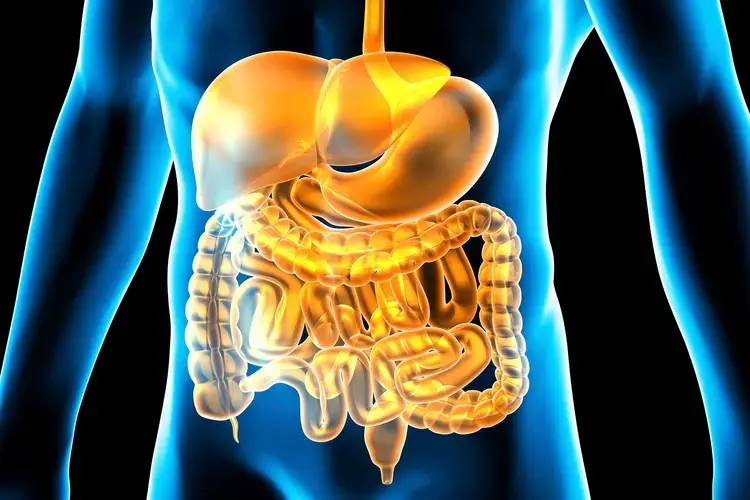
Use This Simple Method to Kill the Bacteria Causing Heartburn and Bloating Before It’s Too Late

Russian Doctor Claims You Can Recover Your Immune System in Just 30 Seconds

Doctors Warning: 7 Types of Pain You Should Never Ignore!
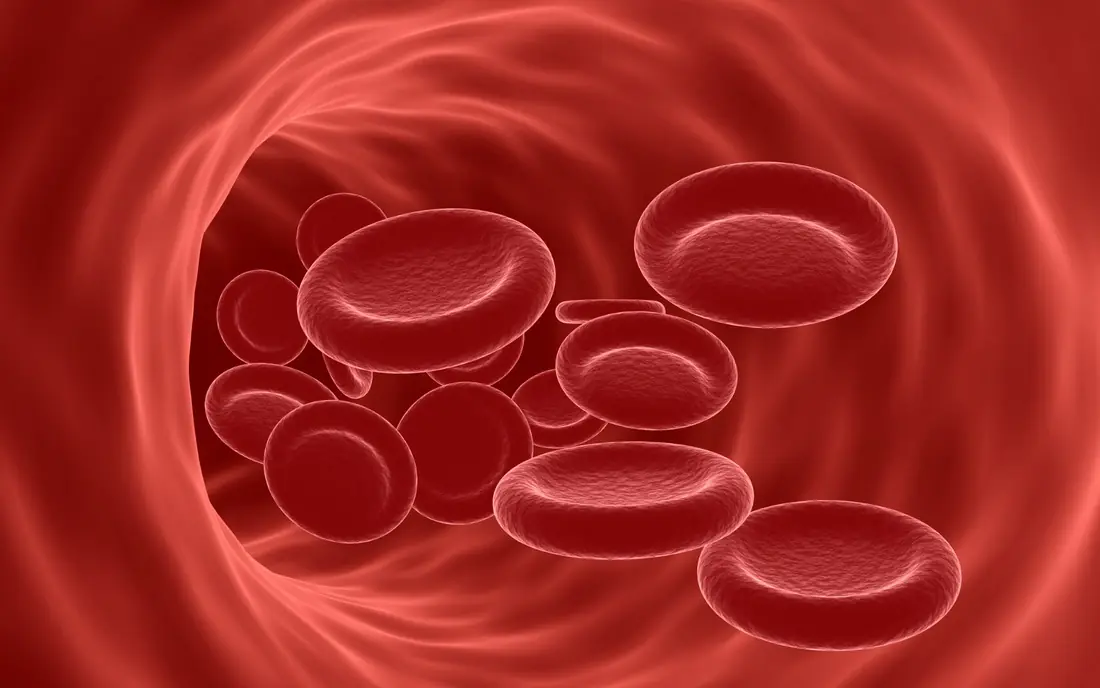
Iron Deficiency Symptoms You're Probably Missing and How to Correct Them

Here’s Why You Should Massage Your Feet Every Night Before Bed

Young Mother Shocked After Doctors Reveal Her ‘Heart Attack’ Was Actually Oil in Her Lungs from Vaping

Do You Wake Up With Numb or Tingling Hands? Here’s What Your Body Is Trying to Tell You

Passenger’s Severe In-Flight Diarrhea Forces Entire Flight to Be Canceled
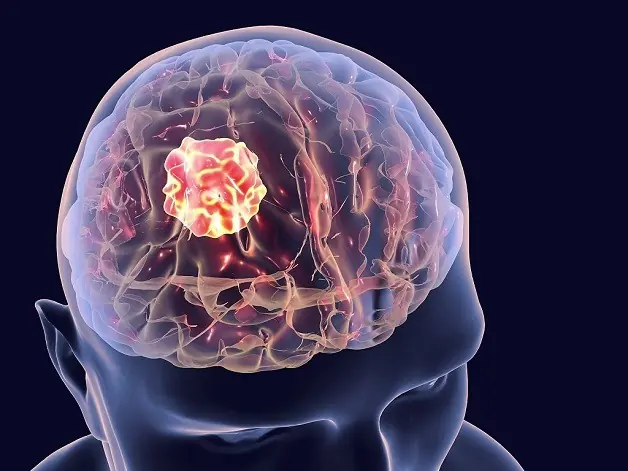
Proven Brain Foods to Boost Brain Power, Focus and Memory

Think You’re Fine? These 10 Hidden Signs of Gluten Intolerance Will Surprise You

The Psychological Meaning of Leaving Dirty Dishes

The Vitamin The Body Lacks When Legs And Bones Are Painful

Advanced HCC: Which First-line Treatment Is Best?

Weight-Loss Pill Matches Injections, but Experts Skeptical
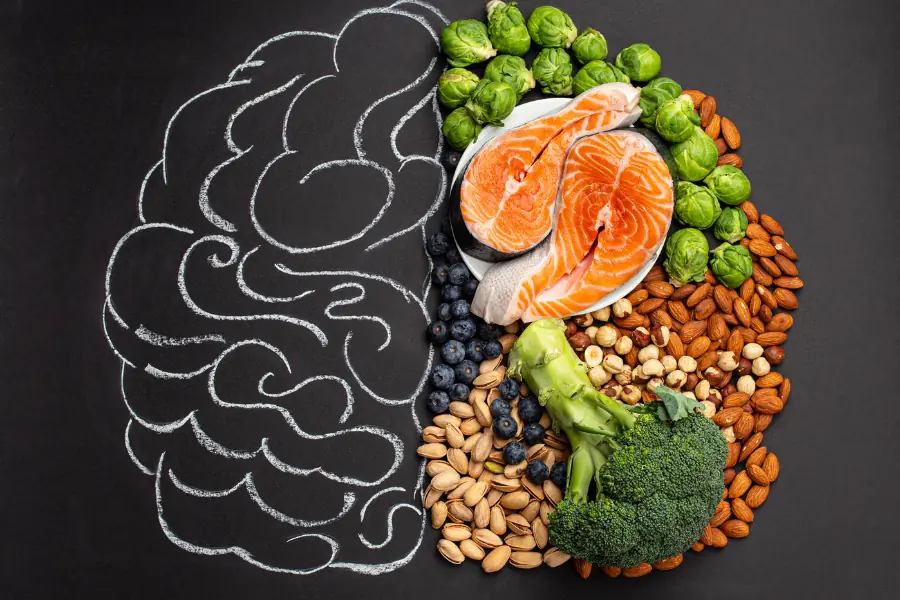
Proven Brain Foods to Boost Brain Power, Focus, and Memory

10 Symptoms of Non-Celiac Gluten Sensitivity (NCGS) You Didn’t Know About (Evidence-Based)

The shocking truth about blocked arteries—it’s NOT just fatty foods!

This Ancient Detox Juice Fights Cancer And Helps Regenerate New Healthy Cells
News Post

Citizens fear Alaskan capital could be swallowed under water following major glacier outburst

The Science-Backed Benefits of Elderberry (Plus an Easy Syrup Recipe)

Scientists issue warning of 'The Big One' predicted to be one of the most extreme earthquakes in history

Use This Simple Method to Kill the Bacteria Causing Heartburn and Bloating Before It’s Too Late

Russian Doctor Claims You Can Recover Your Immune System in Just 30 Seconds

Doctors Warning: 7 Types of Pain You Should Never Ignore!

Iron Deficiency Symptoms You're Probably Missing and How to Correct Them

Here’s Why You Should Massage Your Feet Every Night Before Bed

Young Mother Shocked After Doctors Reveal Her ‘Heart Attack’ Was Actually Oil in Her Lungs from Vaping

Do You Wake Up With Numb or Tingling Hands? Here’s What Your Body Is Trying to Tell You

Passenger’s Severe In-Flight Diarrhea Forces Entire Flight to Be Canceled

Proven Brain Foods to Boost Brain Power, Focus and Memory

Think You’re Fine? These 10 Hidden Signs of Gluten Intolerance Will Surprise You

The Psychological Meaning of Leaving Dirty Dishes

The Vitamin The Body Lacks When Legs And Bones Are Painful

Advanced HCC: Which First-line Treatment Is Best?

Weight-Loss Pill Matches Injections, but Experts Skeptical

Proven Brain Foods to Boost Brain Power, Focus, and Memory

